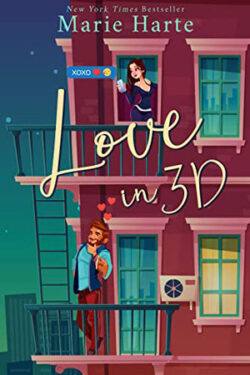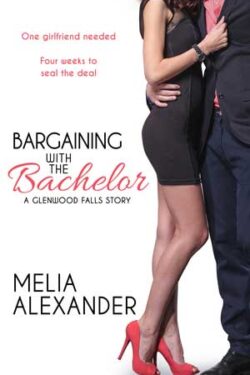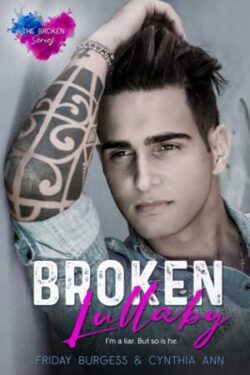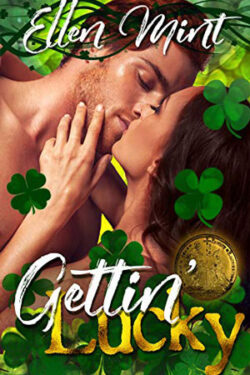Disabilities in the Regency Era
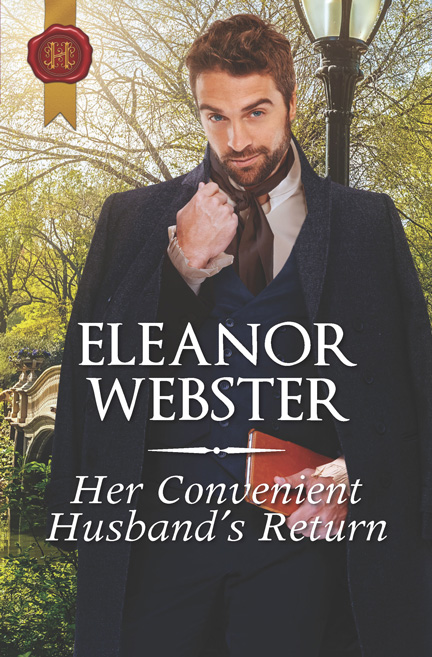
From author Eleanor Webster: I have a split personality; that of psychologist and romance author. Her Convenient Husband’s Return is my third book for Harlequin Historicals. With each novel, I note the difference in my two personas lessening as aspects of my dual career move, shift and combine.

I have a split personality; that of psychologist and romance author. Her Convenient Husband’s Return is my third book for Harlequin Historicals. With each novel, I note the difference in my two personas lessening as aspects of my dual career move, shift and combine.
My heroine, Beth, is blind. Disability brings with it additional challenges in any century. This holds true for the Regency era. Braille had not yet been invented, limiting many aspects of communication. Indeed, Regency times were not exactly easy for women and even more challenging for those who were ‘different’.
Individuals with physical and intellectual challenges have often faced additional hardship. Take the Victorian Asylums, for example. However, throughout history, people with disabilities defied the odds. They made concerted efforts to come together, to improve their situation and to have a voice in society.
History abounds with individuals like Frances Jane Crosby, the first woman to speak in the United States Senate. And Australia’s Matilda (Tilly) known for her efforts to promote the human rights of the visually impaired. And what of blind swimmer, Trischa Zorn, the most decorated Paralympian of all time.
With Beth, I wanted to describe the bravery of persistence and to move from the traditional ‘heroine’ to someone who is different and yet still finds that ‘happy ending’.
The world needs heroes and we need to know that those heroes come from every walk of life, with every form of ability and disability.
As an author, writing Beth’s story was a challenge. Setting is always a challenge for the historical writer. Unlike a contemporary novel, one is unable to visit the location or to immerse oneself in the sights, sounds and smells. Indeed, one would not want to immerse oneself in the odors of the Regency period.
This truly motivated the author part of my persona. I loved the challenge. I honed my craft while developing a very real and unique heroine.
As a psychologist, I wanted to speak to ‘grit’. ‘Grit’, by the way, is the current buzz word which abounds in education and psychology. It is about persistence, courage and resilience. I wanted to show the strength of someone over-coming adversity.
Whatever our situation, we all face challenges. And we can all be the heroes of our own story. We do not need ‘A’s or money or cars.
We do not need to know all the answers or wear the right clothes.
We need to persist.
Anyone can be a hero.
Everyday.
To read more about Her Convenient Husband’s Return, click here.
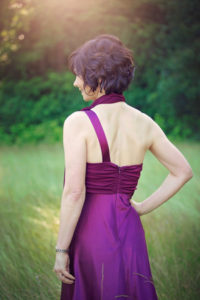
Eleanor Webster loves high-heels and sun, which is ironic as she lives in northern Canada, the land of snowhills and unflattering footwear. Various crafting experiences, including a nasty glue-gun episode, have proven that her creative soul is best expressed through the written word.
Eleanor is currently pursuing a doctoral degree in psychology and holds an undergraduate degree in history and creative writing. She loves to use her writing to explore her fascination with the past. https://eleanorwebsterauthor.com

